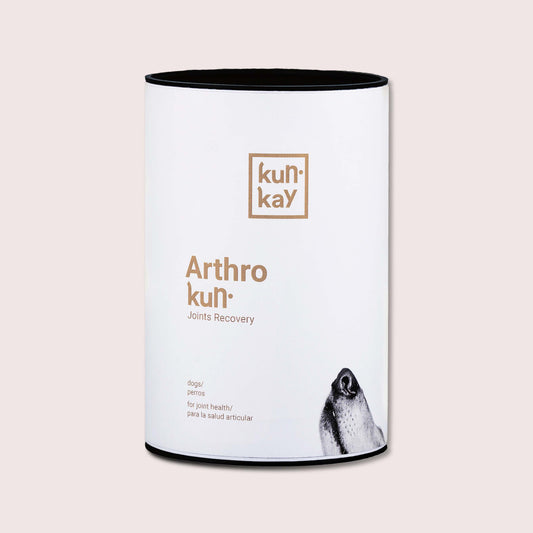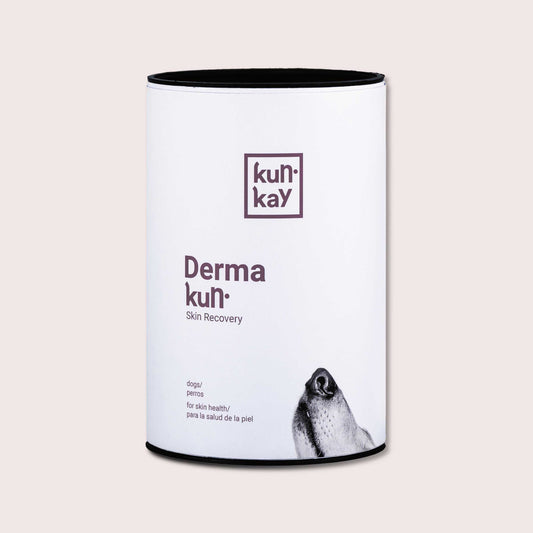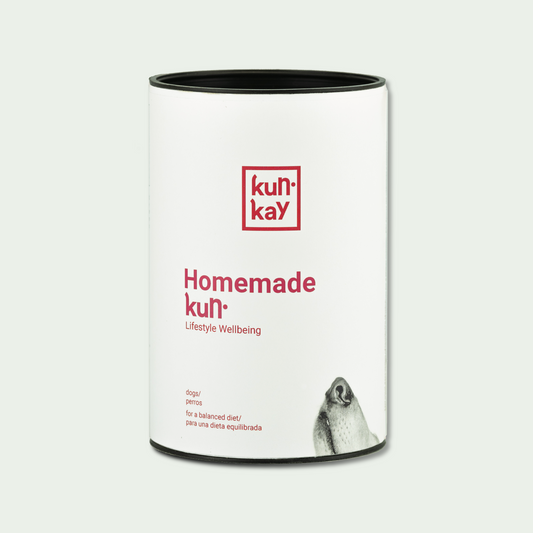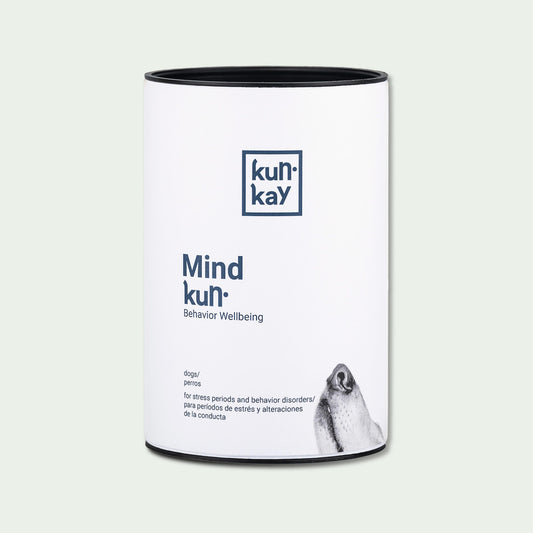Shedding, hair loss in dogs
Autumn is getting closer, and many of us find much more hair on our clothes and sofas, and hairballs running down the hallway as if it were a desert. Shedding is here! 😏

What is shedding?
Shedding is a functional process that directly affects both dogs and cats, based on the loss of resting hairs 🐶🐱🏍
When is the shedding season for dogs?
The coat is continuously and gradually renewed, but generally, two shedding periods occur throughout the year.
As an adaptation to climatic conditions, we can find the spring shedding, where the thicker winter coat is lost and replaced by a lighter coat for summer. On the other hand, 🍂 during the autumn shedding, the opposite happens.
How long does your dog's shedding last?
It usually lasts between 1 to 2 months, although some dogs shed hair all year round.
The coat change varies greatly depending on the breed, as well as lifestyle: where the dog lives and diet also directly influence shedding.
What is the hair follicle cycle of a dog?
Hair growth in dogs consists of a cycle of three successive phases:
- Anagen: the growth phase
- Catagen: the intermediate or transition phase, when hair stops growing
- Telogen: the resting phase or shedding of dead hair
All three phases occur simultaneously in the dog, although one usually predominates depending on the season. That is, depending on the proportion of hairs in each phase, we will notice more or less hair loss. When this normal cycle is disrupted, you will notice increased shedding, even bald spots in your dog's coat.
What can I give my dog when it is shedding a lot?
Good health is reflected in the quality of hair and skin.
Here are some tips to prevent hair loss:
- Take care of your dog's hygiene and coat: Bathe them when necessary, brush them after every walk to remove dead hair, especially during shedding season, to keep their skin and coat healthy.
- Balanced diet: Including essential nutrients in their diet helps prevent hair loss. Omega 3 and B vitamins are indispensable during this time.
- Regular internal and external deworming according to your veterinarian's guidelines. Parasites living on dogs' skin can lower their defenses, causing skin irritations, wounds, and hair loss.
- Give your dog vitamin supplements and complexes to stimulate their immune system such as Supergreenkun or Immunokun, as well as supplements to strengthen the skin barrier like Dermakun 💜🙌 with synergistic ingredients such as L-biotine, B vitamins, omega 3, and curcumin.
Better safe than sorry. A healthy and balanced diet, good hygiene habits, and tons of love 🧡 help keep your furry friend's skin and coat shiny and strong.
If you start to notice your dog losing hair intensely, it is best to visit your trusted veterinarian.




